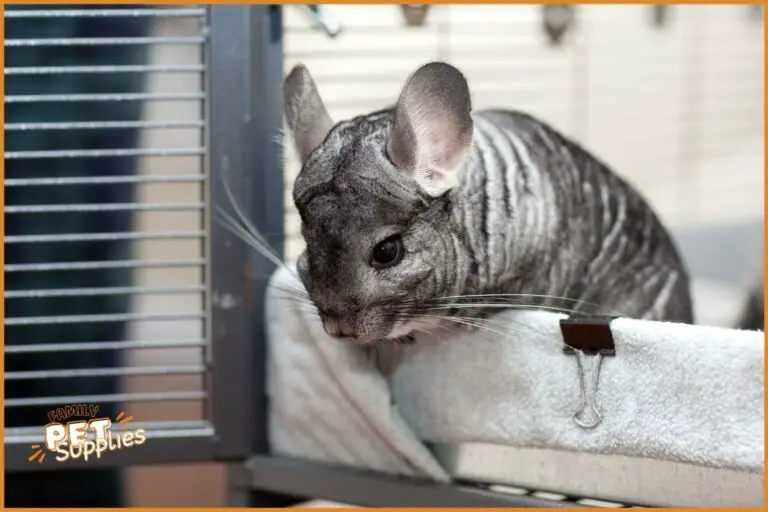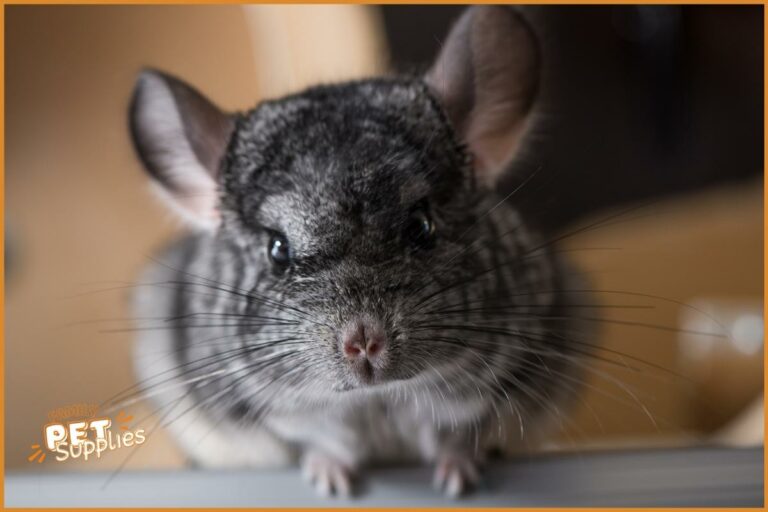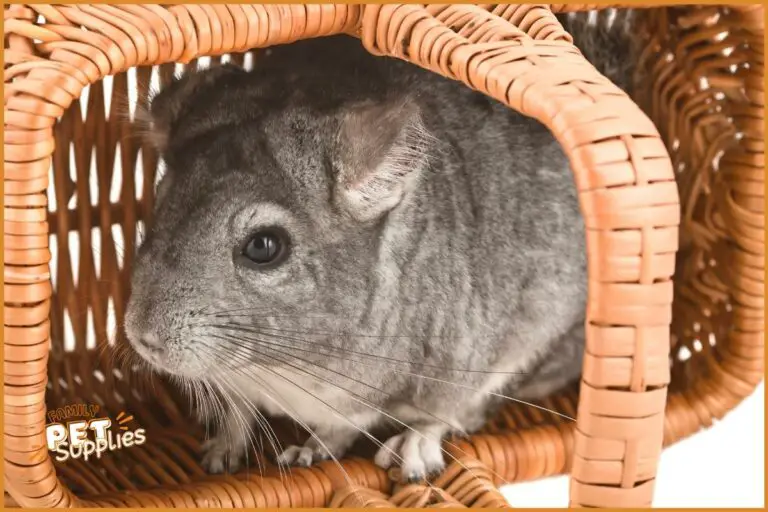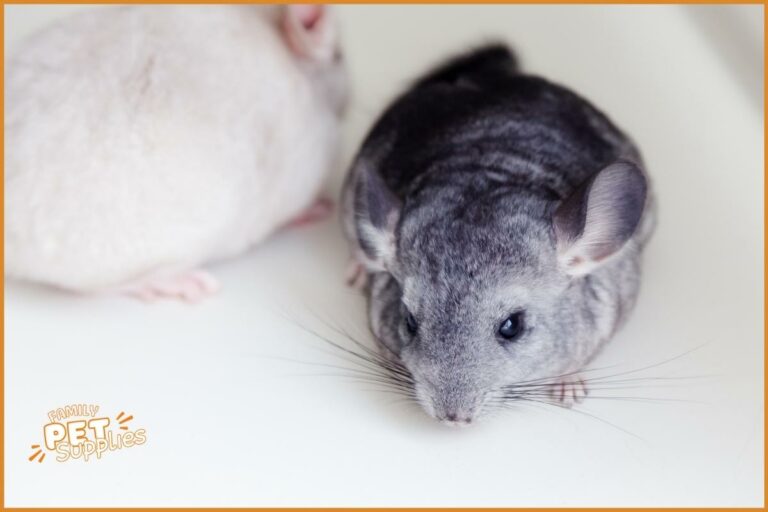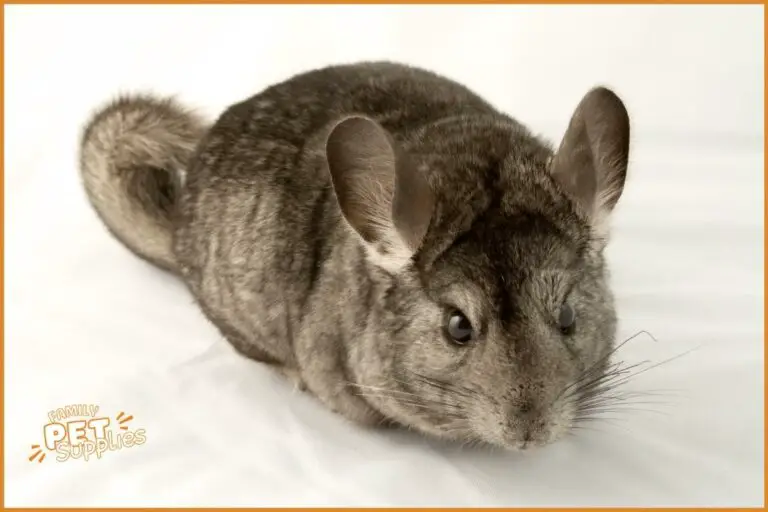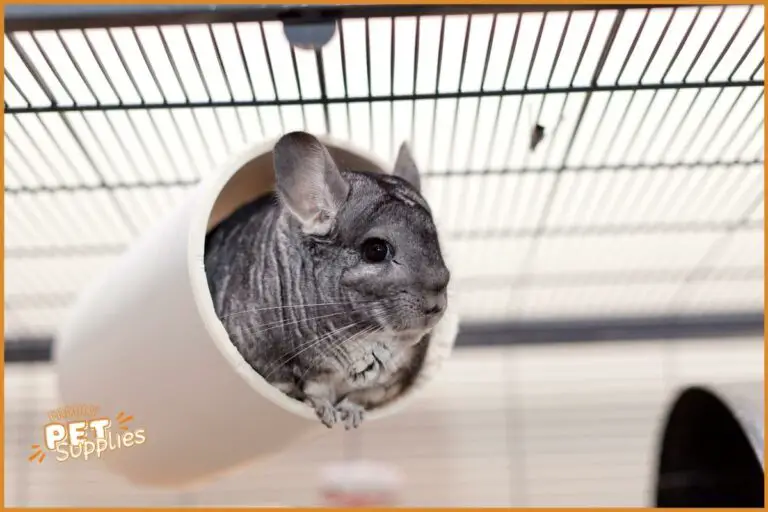Chinchillas can be prone to several illnesses and diseases, some of which can be quite serious if left untreated. Proper care and early intervention from a qualified veterinarian can help prevent and treat many chinchilla health issues.
- Fungal infections – One of the most common chinchilla illnesses is a fungal infection like ringworm. Symptoms include hair loss, redness, and scaling of the skin. Fungal infections spread quickly between chinchillas and treatment involves antifungal medication and possibly lime sulfur dips.
- Dental disease – Chinchillas’ teeth grow continuously and require proper wear by gnawing. If their teeth overgrow or misalign, it causes pain, appetite loss, and an inability to eat. Trimming overgrown teeth and other dental work may be needed.
- Respiratory infections – Chinchillas are prone to respiratory infections which can lead to pneumonia. Symptoms include discharge from eyes/nose, sneezing, wheezing. Antibiotics may be prescribed. Proper environmental conditions help prevent infection.
- Gastrointestinal stasis – Lack of fiber, stress, or diseases can cause a chinchilla’s GI tract to slow down or stop. This is life threatening within 24-48 hours if not treated. Symptoms are lethargy, appetite loss, bloating. Veterinary intervention is needed.
- Obesity – Overfeeding, lack of exercise, and poor diet can lead to obese chinchillas. This predisposes them to many health issues like heart disease and diabetes. Prevent obesity through proper diet and ample exercise. Weight loss plans may be implemented if needed.
With attentive care and early veterinary treatment when ill, chinchillas can live happy and healthy lives as pets. Be observant of your chinchilla’s behavior and activity levels to catch any issues early. Maintain proper husbandry and nutritional standards as preventative measures.


